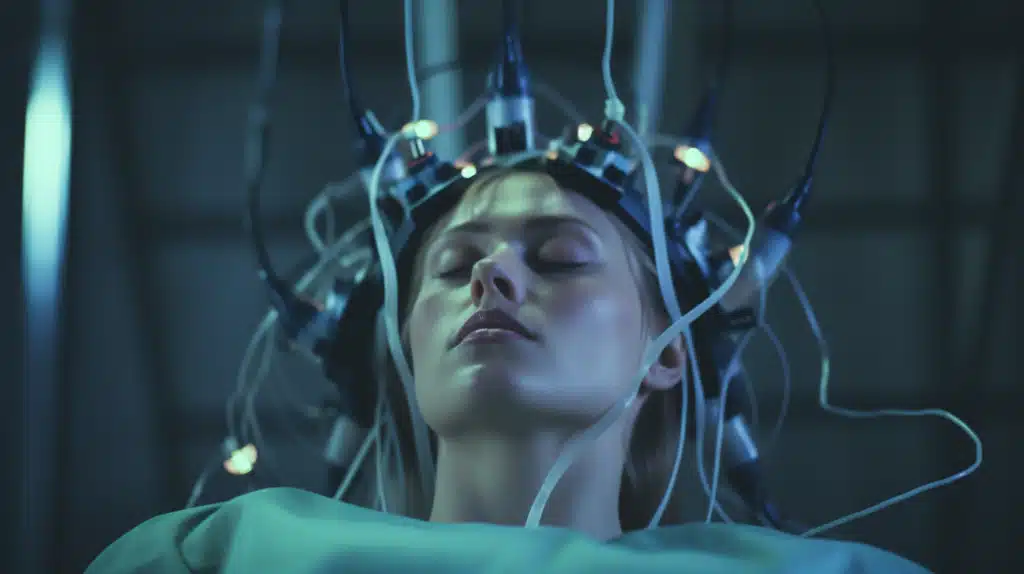Dietary Sugar Intake & Depression: 100g/day Increase Equals 28% Higher Risk (NHANES Data: 2011-2018)
In recent years, the intricate relationship between dietary habits and mental health has come under scientific scrutiny, revealing insights that challenge our daily consumption choices. Specifically, the consumption of dietary sugar has been identified as a potential factor influencing the prevalence of depression among adults in the United States. A study utilizing data from the …






